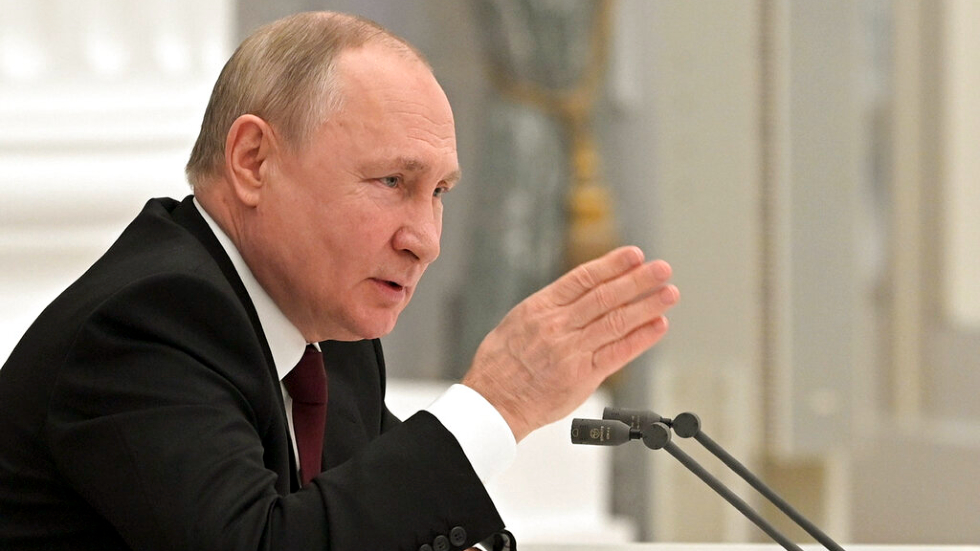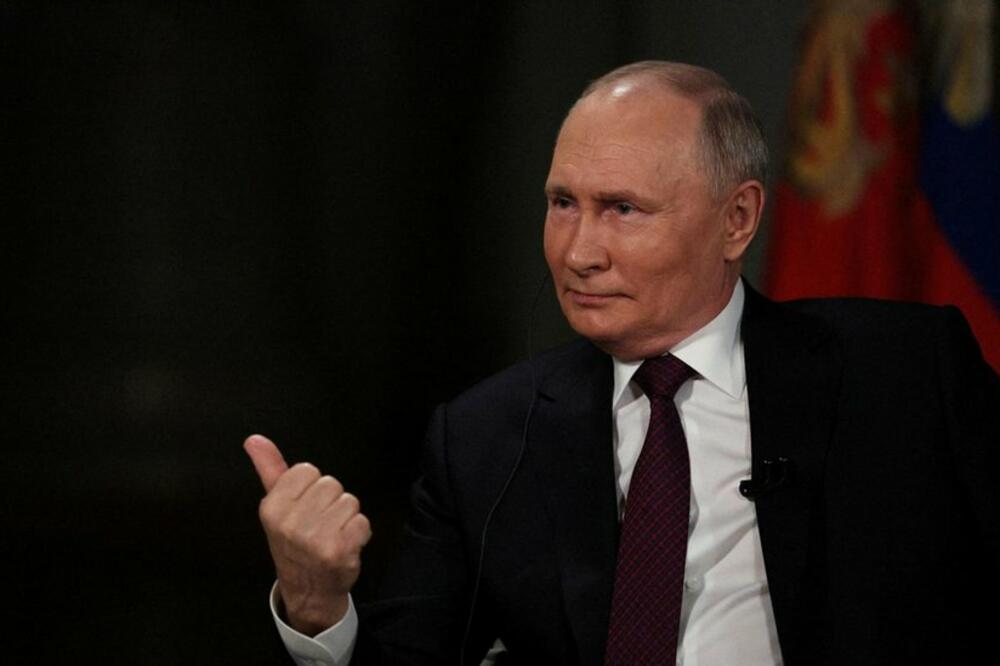Watching Tucker Carlson’s recent interview with Russian President Vladimir Putin it’s akin to viewing mobster movies and only seeing the glamor while overlooking the grim consequences. Just as some admire mobsters in films, a subset of conservatives praises Putin as a defiant figure standing against globalism.
However, a closer examination of Carlson’s interview reveals Putin’s erratic behavior and his expansionist aspirations fueling the conflict in Ukraine. Unlike typical confrontational interviews, Carlson’s approach aimed for substance rather than theatrics, which drew criticism from those expecting a more emotionally charged denunciation.
Critics of the interview hoped for a dramatic condemnation of Putin, akin to Hollywood portrayals, reflecting a broader issue in U.S. policy towards Ukraine. Rather than focusing on pragmatic interests or realities on the ground, there’s a tendency towards moralistic rhetoric.

Misinterpreting Tucker’s Interview with Putin (Credits: The Hill)
Leaders like Nikki Haley advocate for supporting Ukraine indefinitely, but fail to acknowledge the ongoing war and its costs. Similarly, President Biden’s approach aims to confront Russia without direct involvement, yet navigating such a delicate situation proves challenging.
Questions about the objectives of U.S. policy in Ukraine and its effectiveness in deterring conflict with Russia remain unanswered. The focus should shift towards pragmatic discussions, even if less sensational, to achieve a just peace for Ukraine.
Until there’s a recognition of the fundamental realities at play, meaningful conversations about Ukraine policy are difficult. Rather than being swayed by dramatic narratives, a more realistic foreign policy approach is needed, even if it lacks the spectacle of televised dramas.























